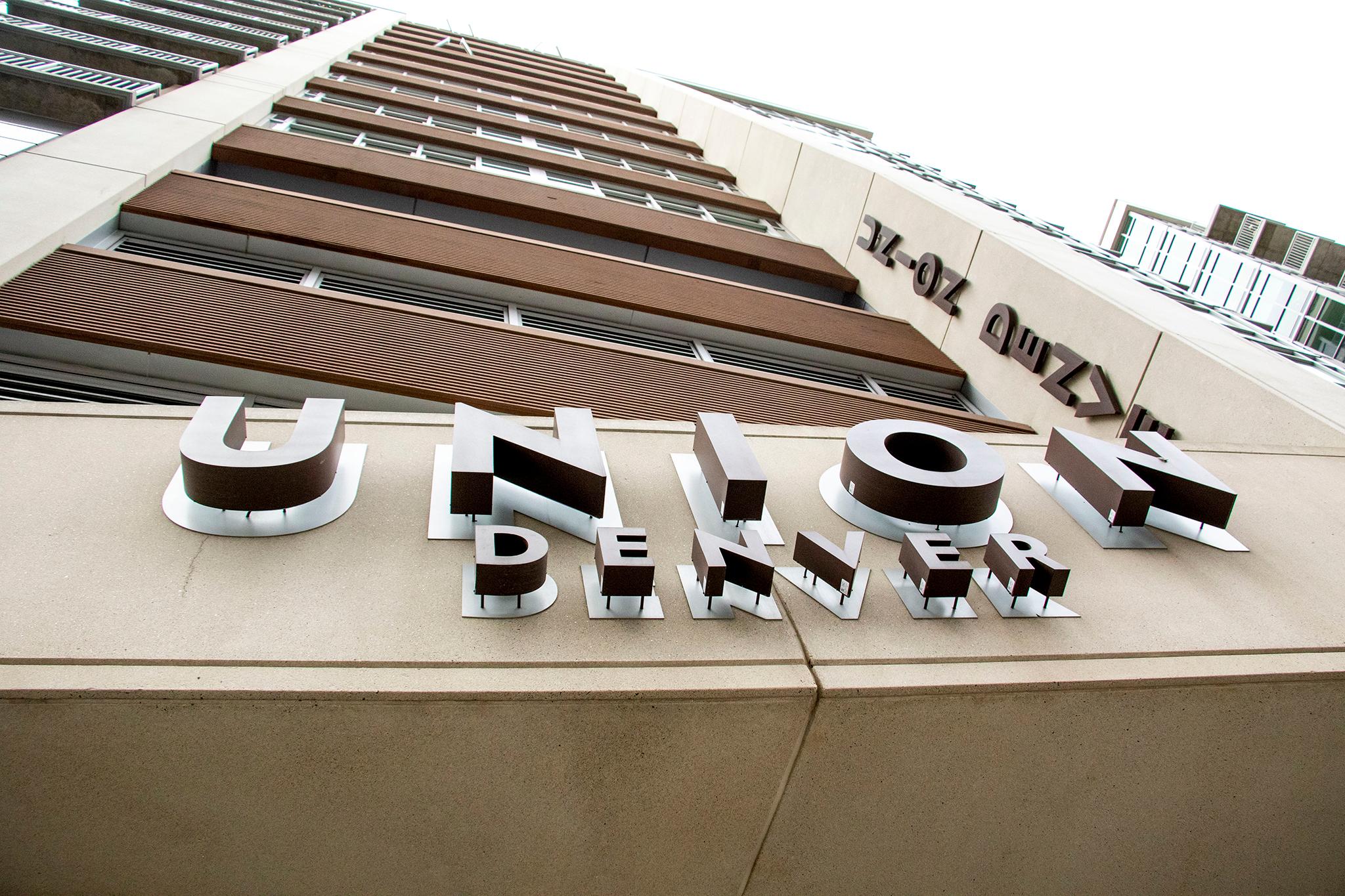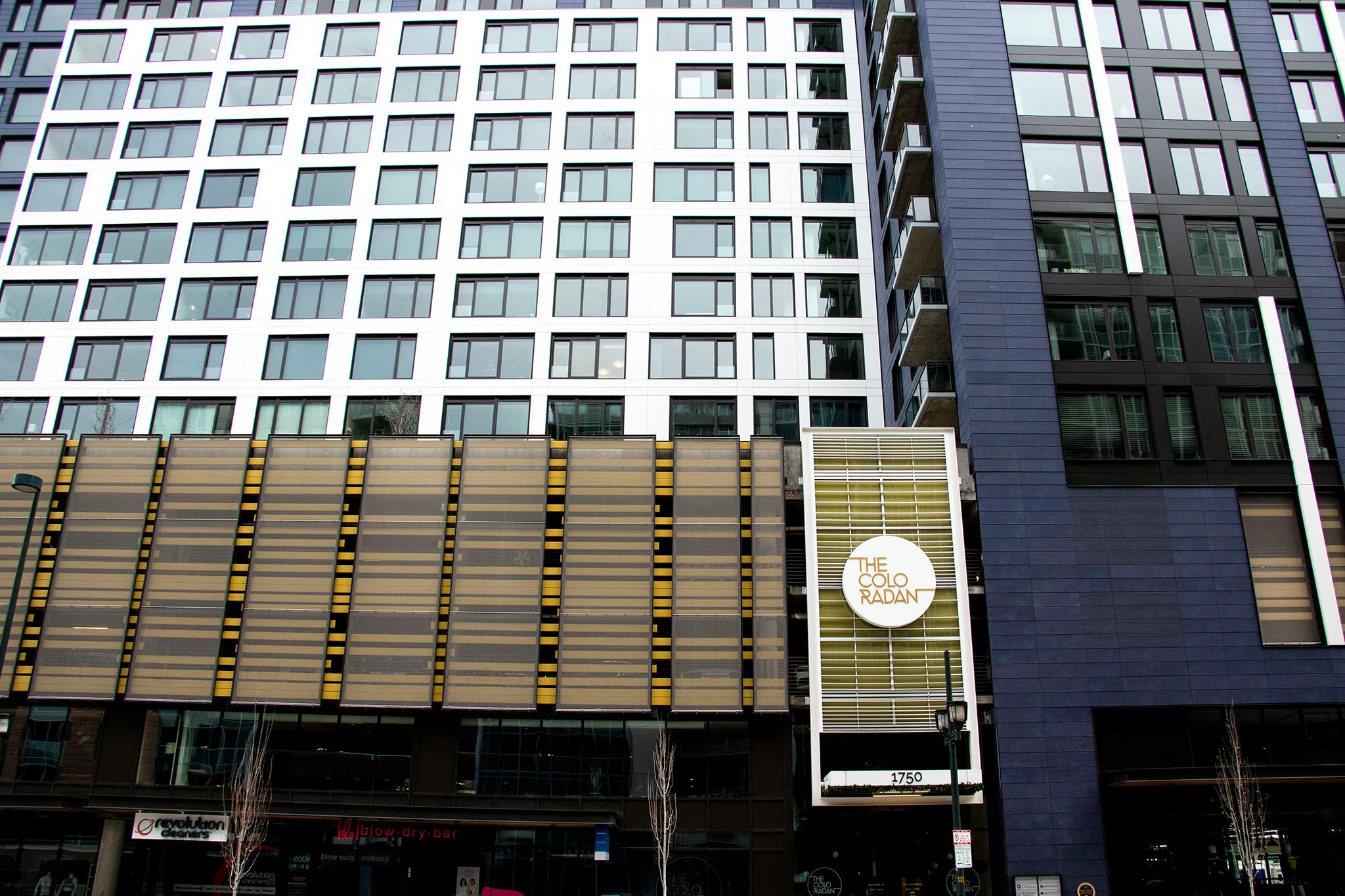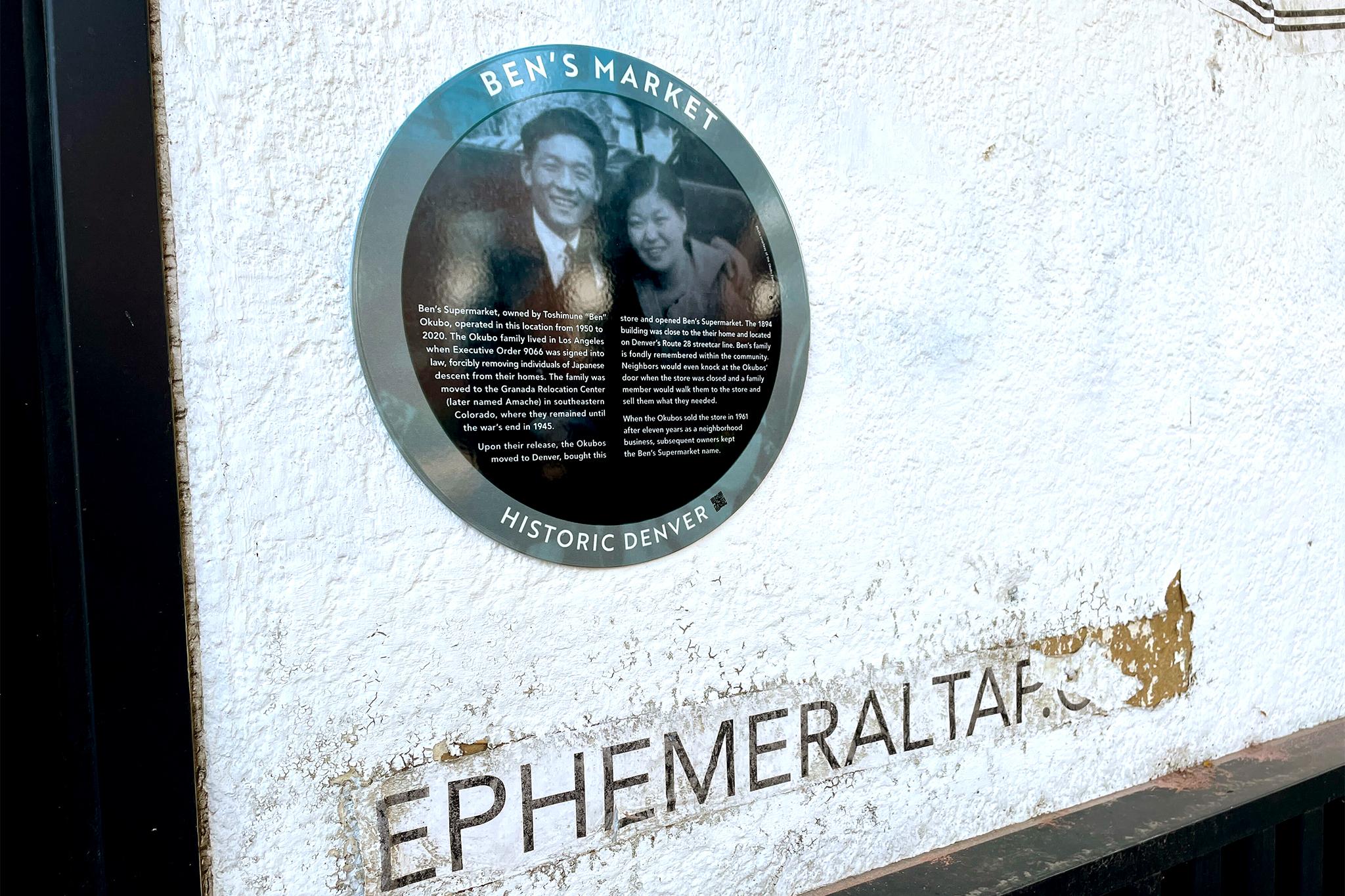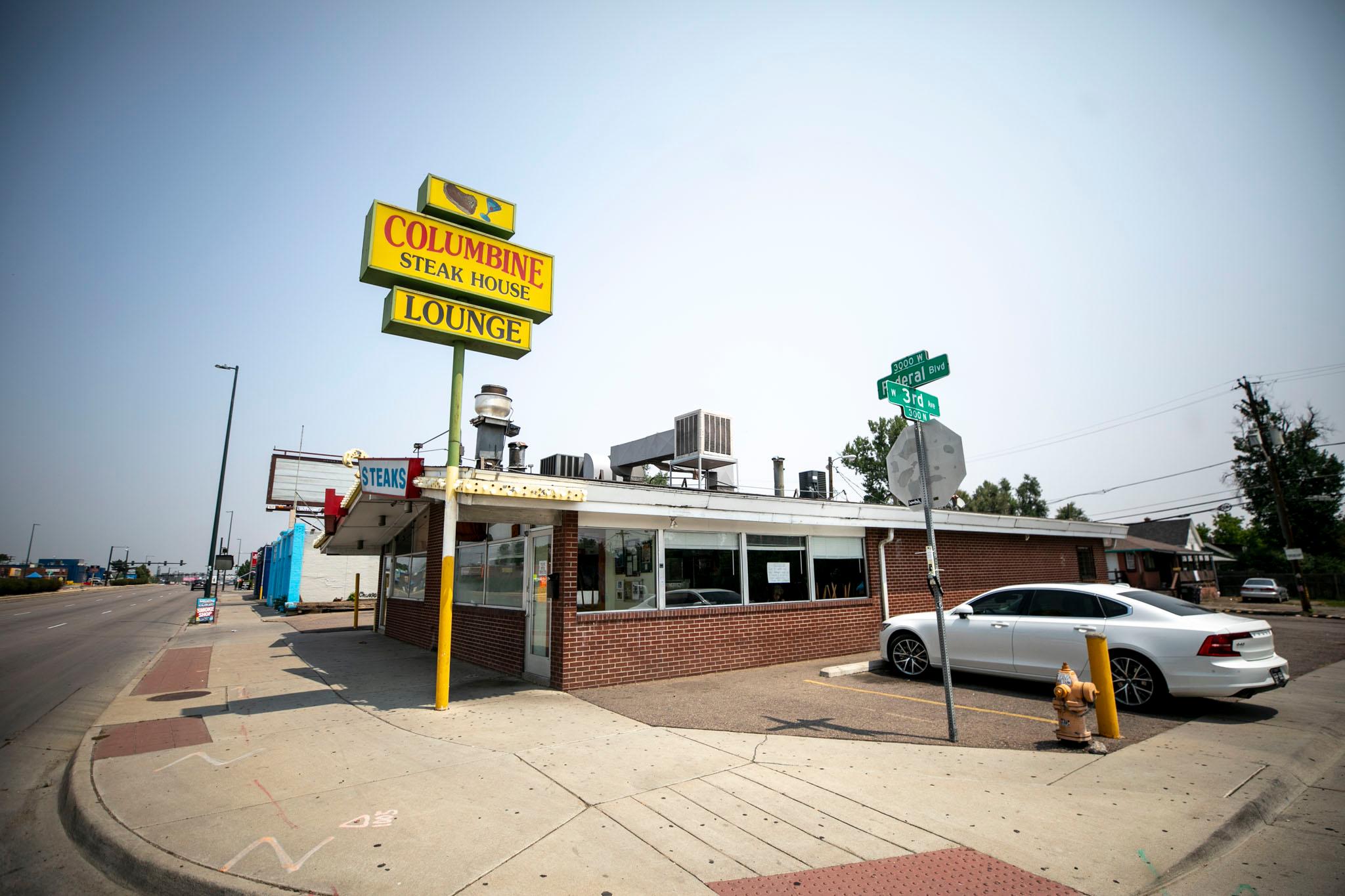A Denverite reader asked: "Do all the apartment buildings recently built around Union Station already have condo maps filed on them so they can be converted one day?"
"No," is the short response. That led to why, and to experts who offered some broader answers involving construction defects, building new versus renovating the old, and housing's missing middle.
A condo map is a legal term of art for the paperwork filed with the Denver Assessors Office so property can be valued and taxed. Separate legal descriptions of units in a condominium tower also help potential lenders decide whether to extend a mortgage.
One way to determine whether a building is a condo is to plug its address into the city's handy property tax search engine. Multiple results are generated for a building such as The Coloradan, a new 19-story tower built as a condo complex near Union Station at 1750 Wewatta St. Units there range in cost from the mid-$200,000s to $3 million. The Union, an apartment complex nearby at 1770 Chestnut Place where studios start at more than $1,700 a month, yields one property tax search result because it is one property.
Filing a condo map is not done on spec.
"It's expensive ... all the title work and legal work," said Mike Zoellner, who has decades of experience managing and building apartment complexes in Colorado and founded the real estate development and investment company ZF Capital. "You definitely wouldn't do it unless you were planning to convert."
Zoellner said a condo unit is generally valued slightly higher than an apartment, so an owner who's told the assessor he or she has broken a building into condos could be stuck with a higher tax bill if the units aren't quickly sold.
Getting units sold means spending on marketing, according to Lori Greenly, a banker with a real estate license who founded Denver High-Rise Living. Her company helps buyers, investors and others navigate a changing condo market.
In addition to legal and marketing costs, Greenly said, the entire building would likely need some renovation to appeal to buyers. Apartment buildings, as compared to condo complexes, tend to have more units and more amenities. Think of the pools and TV rooms and communal chef's kitchens that might need to be spruced up to appeal to investors.
"We all thought 10 years ago that all those apartments that were being built downtown were being built to be turned into condos," Greenly said. But "nobody's daring enough to be the first guinea pig."

Apartment owners are finding it profitable to rent, and the expense it takes to convert to condos with no guarantee sales will go well might not look particularly attractive, Greenly said.
In Zoellner's opinion, "there's not enough potential profit there to take the risk of a conversion."
He's compiled data showing Denver has seen no apartment buildings converted to condos between 2010 and 2018. Permits for brand new condo buildings ticked up slowly starting in 2012, but dropped from 748 in 2017 to 423 last year, according to Zoellner's figures.
Part of the cost of both building new and converting from apartments is legal insurance, he said.
Despite changes in the construction defects law, "you've got to assume you're going to be sued," Zoellner said.
Statewide, the law changed in 2017 to require that more than half a complex's residents agree before a developer can be sued for problems with the structure. Before that, it took just an agreement among members of a homeowners association, a bar developers argued was too low. The market is still assessing the impact of the state-level reform. Denver in addition has decreed that developers and contractors should get a chance to repair issues before lawsuits are filed, but the potential for legal action remains a worry, Zoellner said.
Denver High-Rise Living's Greenly noted that buyers have up to eight years to sue after a defect is discovered. It's not clear, she said, whether the clock restarts when a building is converted from apartments to condominiums, adding to uncertainty for developers.
Building new and at the high end is one way to ensure profit. Hence projects like The Coloradan.
The Coloradan's 334 units do include 33 priced below-market. But demand is much greater than that for moderate-income earners looking for something they can afford to buy.
"There's nothing in between," Zoellner said, saying the "missing middle in our housing ladder" could be filled by lower-priced condos.
Greenly said converting older apartment buildings to condos might be one way to create the missing step.
Greenly said research has shown that generally apartment building owners start converting to condo when would-be buyers can't afford that first home.
"However, I'm not sure that's the case for us in Denver," Greenly said. "We already have pretty high price points for first-time homebuyers that makes it seem unaffordable and high prices for rent at the same time, but we aren't seeing the typical move to conversions."
According to the latest market report from the Denver Metro Association of Realtors, 2,279 condos were available for sale in November, compared to 4,709 single-family homes. The median price for a condo was $312,000, compared to a median of $453,250 for a single family. Condo prices were rising more slowly, up 4.35 over last year compared to a 5.52 percent increase for a single family.
Corrects amount of time home owners have to file suit over a construction defect. Corrects how Greenly characterized the typical conditions that prompt condo conversions.













